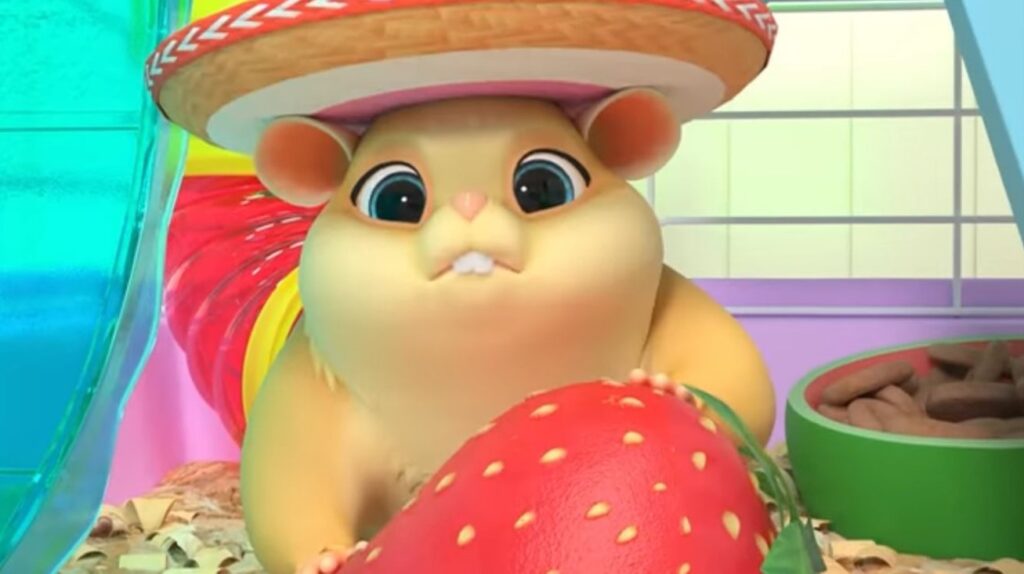Dental Toys and Treats:
When it comes to cat dental care, there are several treats and toys available that can help promote good oral hygiene. These products are designed to help reduce plaque and tartar buildup, freshen breath, and provide appropriate chewing opportunities for cats.
Here are some options you can consider:
1. Dental Treats:
Look for specially formulated dental treats that have a crunchy texture and are designed to help clean your cat’s teeth as they chew. These treats often have abrasive surfaces that can help remove plaque. Some popular brands include Greenies, Feline Greenies Dental Treats, and Royal Canin Dental Care Treats.
2. Dental Toys:
There are various dental toys available for cats that can aid in their oral health. These toys are designed to promote chewing and can help massage the gums and clean teeth. Look for toys that have ridges, nubs, or bristles that can provide mechanical cleaning action. Examples include Kong Dental Toy, Nylabone Dental Dinosaur, and Petstages Dental Health Chews.
Dental toys can be beneficial for cats to some extent. While they may not replace professional dental care, dental toys can help promote good oral hygiene and provide some entertainment for your cat. Here are a few points to consider:
- Chewing and biting: Dental toys designed for cats often have textured surfaces that can help remove plaque and tartar when your cat chews on them. Chewing on these toys can simulate the action of chewing on prey, which can help keep your cat’s teeth clean.
- Promoting healthy gums: Some toys massage the gums as cats chew on them, which can help improve gum health and stimulate blood circulation in the gums.
- Reducing boredom: Cats are natural predators, and providing them with dental toys can help satisfy their hunting instincts. This can help keep them mentally stimulated and prevent boredom-related behaviors.
- Choosing the right toy: Look for dental toys specifically designed for cats, as they are usually made of safe materials and have appropriate sizes and textures. Avoid toys that are too hard, as they may damage your cat’s teeth.
However, it’s important to note that dental toys alone may not be sufficient to maintain optimal dental health. Regular veterinary check-ups and professional dental cleanings are still necessary. It’s also important to feed your cat a balanced diet and consider other dental care options such as dental treats or regular teeth brushing, as recommended by your veterinarian.
Remember to monitor your cat while they play with dental toys to ensure they’re using them safely and not damaging their teeth or swallowing any small parts. If you have any concerns about your cat’s oral health, it’s best to consult your veterinarian for personalized advice.
3. Dental Gels and Sprays:
Dental gels and sprays are applied directly to your cat’s teeth and gums. They often contain enzymes or other ingredients that can help reduce plaque and tartar buildup. Check with your veterinarian for suitable products and guidance on how to use them effectively.
Remember, while dental treats and toys can be beneficial, they should not replace regular brushing of your cat’s teeth. Brushing remains the most effective way to maintain good oral hygiene in cats. Consult with your veterinarian to establish a dental care routine that best suits your cat’s specific needs.
FAQs
Sure! Here are some frequently asked questions related to dental toys for cats:
- Can dental toys completely replace professional dental cleanings for cats?
No, dental toys cannot replace professional dental cleanings. While dental toys can help promote good oral hygiene, they are not a substitute for regular veterinary check-ups and cleanings. Professional cleanings are necessary to remove stubborn tartar and address any underlying dental issues.
2. How often should I provide dental toys to my cat?
It’s a good idea to offer dental toys to your cat regularly. However, the frequency can vary depending on your cat’s preferences and dental health. Some cats may enjoy playing with dental toys every day, while others may prefer them less frequently. Observe your cat’s behavior and consult your veterinarian for specific recommendations.
3. Are all dental toys safe for cats?
Not all dental toys are safe for cats. It’s important to choose toys specifically designed for feline use. Look for toys made of safe materials, such as durable rubber or food-grade plastics. Avoid toys with small parts that can be easily chewed off and swallowed. Always supervise your cat while they play with dental toys to ensure their safety.
4. How do I introduce dental toys to my cat?
Introduce dental toys gradually to your cat. Start by offering the toy near your cat and let them explore it at their own pace. You can also rub some catnip or treats on the toy to make it more enticing. Encourage your cat to interact with the toy by playing with it yourself or using interactive features like dangling strings. Positive reinforcement, such as praise and treats, can help associate the toy with a positive experience.
5. Are there alternative ways to promote dental health in cats?
Yes, dental toys are just one part of maintaining good dental health in cats. Other methods include feeding dental treats designed to reduce plaque and tartar, regularly brushing your cat’s teeth with a cat-friendly toothbrush and toothpaste, and providing a balanced diet that promotes oral health. Consult your veterinarian for a comprehensive dental care plan tailored to your cat’s specific needs.
Remember, if you have specific concerns about your cat’s dental health or the use of dental toys, it’s always best to consult your veterinarian for personalized advice and recommendations.




